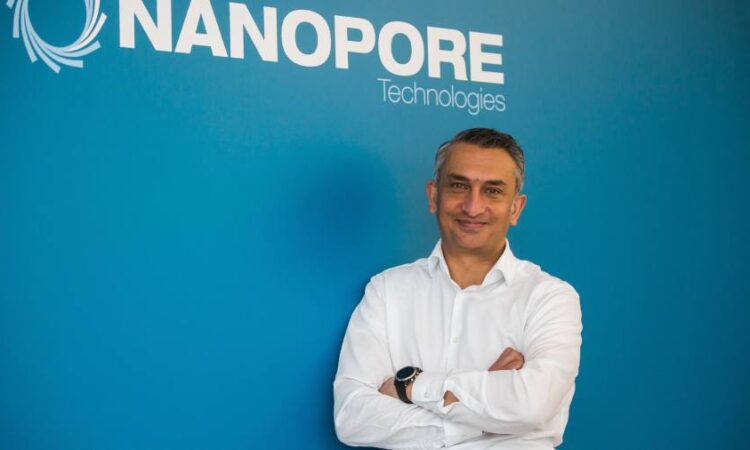
Oxford Nanopore Technologies, the UK genomic sequencing company, would consider listing on a foreign exchange, adding to fears about the future of the London market.
Chief executive Gordon Sanghera said on Tuesday that the company was open to having its shares trade on another exchange but declined to say whether it would be willing to ditch its London listing.
The University of Oxford spinout’s decision to list in London was celebrated when it went public in 2021 as a sign that tech and biotech companies could be lured to the capital.
New York’s Nasdaq is the default listing option for the majority of UK tech and biotech companies, as they look to tap a bigger pool of investors willing to take a risk on frequently unprofitable start-ups.
“We’re not ruling out any options, the way the world has been looking over the past 18 months,” Sanghera said.
“Our priority is to enable the long-term growth of the company and if that means considering additional listing options in the future, we would review that,” he added.
But he said Oxford Nanopore was “proud to be a UK-headquartered company serving international markets”, and it would continue to advocate for the UK’s life sciences industry.
Sanghera first made the comments in an interview with Bloomberg.
Shares in Oxford Nanopore soared as much as 45 per cent on its first day of trading in September 2021, but have since tumbled 69 per cent. On Tuesday, the stock rose almost 9 per cent after the group reported that full-year revenues climbed almost a third.
Several British companies are seeking to delist from the London Stock Exchange, or add secondary listings elsewhere.
CRH, the world’s largest building materials company, plans to move its primary listing to New York, while Cambridge-headquartered chip designer Arm plans to go public in the US. FTSE 250 drugmaker Indivior is adding a new US listing, while retaining its listing in London.
The chief executive of the LSE has shrugged off fears that there would be an exodus of companies leaving the UK capital, saying that London continues to be a “great listing venue”.
Founded in 2005, Oxford Nanopore makes next-generation genomic sequencing technologies that are used by researchers. The company is now expanding into clinical markets, creating same-day tests for important genes, such as those that indicate a higher risk of breast cancer.
In 2022, revenue rose 49 per cent to £199mn from a year earlier. Excluding sales from Covid-19 testing, its underlying revenue grew 30 per cent. However, it reported a loss of £91mn in the year, down from £168mn the year before.



